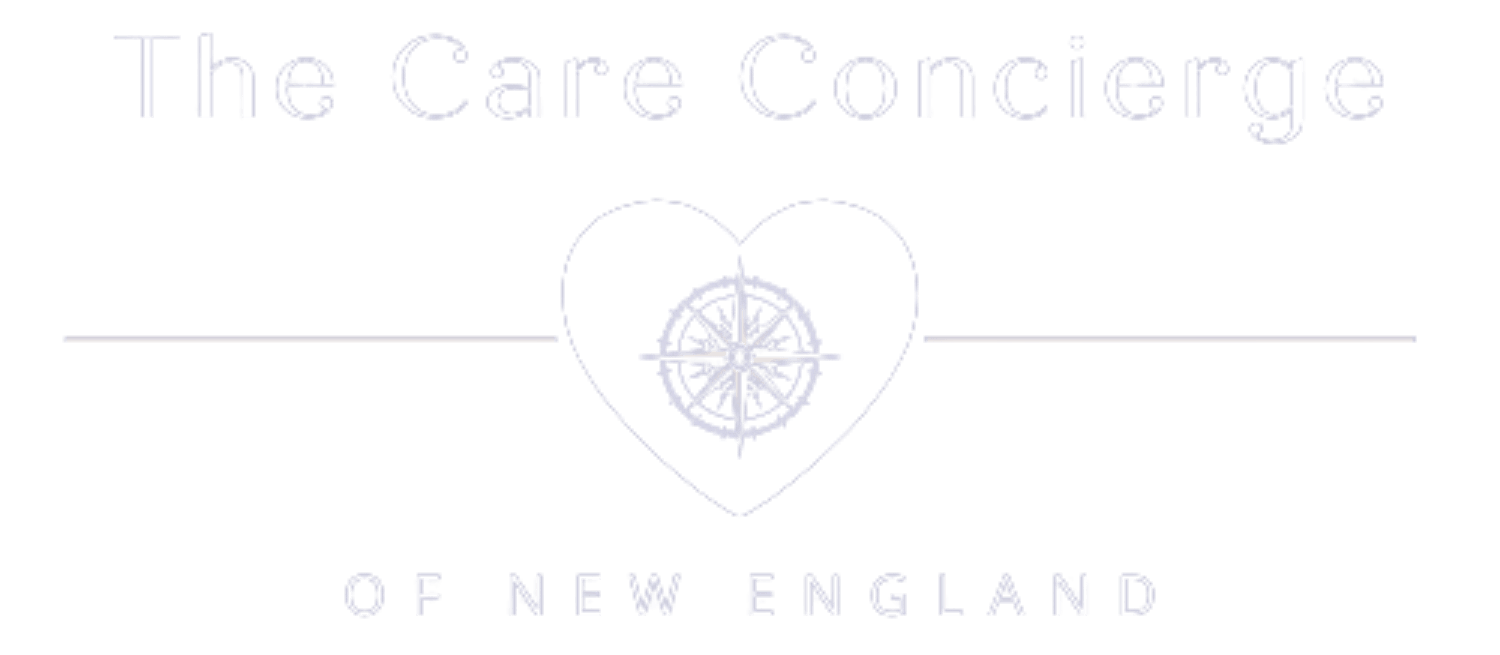
As the global population gracefully ages, the concept of senior assisted living facilities has gained prominence, embodying the notion of 'A Home Away from Home' for the elderly. Senior assisted living provides an optimal blend of independence and care, catering to those who seek a community setting where assistance with daily activities is readily available. These facilities prioritize the comfort, wellness, and social engagement of residents, offering a dignified and fulfilling lifestyle.
Comfortable Living Spaces: Creating a Welcoming Environment in Senior Assisted Living Facilities
Ensuring that each assisted living facility feels like a genuine home hinges on the design and atmosphere of the comfortable living spaces it provides. These spaces, thoughtfully created to foster warmth and familiarity, are at the core of what makes an assisted living community truly welcoming. From ample natural light to cozy furnishings, every element is carefully selected to prioritize the ease and contentment of assisted living residents.
Beyond the aesthetics, these communities are adept at providing a sense of security and belonging, with staff trained to offer both personal care services and skilled nursing care. This unique combination allows residents to maintain their autonomy while having access to support with daily living activities. Additionally, family members find peace of mind, knowing that their loved ones are in a nurturing environment that mirrors the love and care they would offer at a nursing home.
Person-Centered Care: Tailoring Services to Meet the Unique Needs of Residents
Person-Centered Care is a holistic approach that lies at the heart of many senior living philosophies. This model ensures that medical care and daily support are tailored to the individual needs and preferences of older adults, affirming their dignity and choice in their care.
In most assisted living communities, staff engages with residents to establish a personalized care plan that addresses their specific requirements. These services often extend beyond basic residential care, encompassing everything from skilled nursing facilities for those with more complex medical needs to transportation services for maintaining independence outside the facility.
While living costs vary, many facilities strive to balance affordability with quality care, and some residents may explore options like Medicaid to cover assisted living expenses. It's crucial to note, however, that not all medical services may be covered, and each retirement community or continuing care retirement community operates under different financial models.
Besides medical care, personalized services often include laundry services, varied dining options, and an array of social activities, all aimed at enhancing the quality of life for residents within these compassionate environments. The goal of most assisted living facilities is to adapt to the evolving needs of their residents, enabling a seamless transition within the levels of care, from independent living to more intensive skilled nursing if necessary.
Nutritious Dining Options: Promoting Health and Wellness Through Balanced Meals

Nutritious dining options are a cornerstone of the care provided in senior assisted living facilities, promoting health and wellness through well-balanced meals. Most facilities offer up to three meals a day, ensuring residents have access to a variety of foods that meet their dietary needs and preferences.
Assisted living options often include the flexibility for residents to dine in communal settings or the privacy of their own living space, accommodating personal comforts and social desires.
For those who are still passionate about preparing their own meals, some communities provide accommodations with kitchenettes where residents can cook if they choose.
Alternatively, prepared meals are delivered with attention to nutrition and taste, contributing to a well-rounded nursing home care experience that supports the physical health of residents. The social aspect of dining is also recognized, with communal meals serving as an opportunity for residents to connect, share experiences, and build community within the facility.
Safety and Security Measures: Ensuring Peace of Mind for Residents and Their Families
Safety and security measures are paramount in a senior living community, providing essential peace of mind to both residents and their families. Assisted living communities offer a secure environment that combines the comforts of a private apartment with the assurance of available support.
Staff members are on hand around the clock, ensuring that residents can receive immediate assistance in the event of an emergency. Moreover, residential care facilities routinely incorporate safety features such as handrails, emergency call systems, and secure entrances to enhance safety within the residential setting.
Ensuring the safety of members is a critical service provided by retirement homes, contributing to a home-like setting where residents can feel secure while maintaining their independence.
These living facts reassure families that their loved ones are cared for within a protective environment, where their physical well-being and security are of utmost priority. With a combination of technological innovations and attentive staff, assisted living facilities are devoted to creating a sanctuary that seniors can truly call home.
Enriching Activities and Programs: Fostering Engagement and Social Connection Among Seniors

Enriching activities and programs are crucial in continuing care retirement communities, promoting cognitive health, and fostering meaningful social connections.
Such initiatives enable seniors to immerse themselves in a variety of experiences that can closely mirror the engagement they enjoyed in their own homes. Residents have the opportunity to participate in tailored recreational events, educational workshops, and physical wellness programs, all of which reinforce a sense of community.
These communities understand the importance of allowing older adults to continue nurturing personal resources such as hobbies and interests, thus providing services that range from cultural outings to onsite amenities focused on skilled medical care. Regularly scheduled activities ensure that residents can maintain active social lives, forming new friends and associations within the community.
Additionally, practical support with daily tasks is readily available, from housekeeping services to transportation for doctor's appointments, ensuring that nursing homes prioritize both leisure and practical needs.
With a variety of services provided, each resident's experience can be as enriched and independent as possible, allowing for a lifestyle that is both autonomous and secure. This thoughtful approach echoes the comfort of living in one's own home, ensuring seniors receive the highest quality of life in their advancing years.
Transportation Services: Facilitating Access to Medical Appointments and Community Outings
Transportation services within senior living communities are a critical aspect that contributes to the independence and quality of life for residents. Ensuring that seniors have reliable access to transportation for medical appointments is a priority, as it supports their health and well-being. Beyond healthcare-related trips, transportation services also facilitate participation in a variety of community outings such as cultural events, shopping excursions, and visits to local attractions, enabling residents to stay connected with the world beyond the assisted living facility.
These services are often coordinated by the facility's staff, who organize scheduled trips and can arrange for individual transportation needs. This not only helps to reduce the worry of navigating traffic or public transportation for the seniors but also helps alleviate anxiety for their families, knowing that their loved ones can travel safely to and from their destinations. This seamless integration of transportation into assisted living offerings underscores the commitment to providing an empowering and autonomous atmosphere for seniors.
Healthcare Support: Collaboration with Medical Professionals to Provide Comprehensive Care
Healthcare support in assisted living communities is integral to resident well-being, necessitating strong collaboration with medical professionals to ensure comprehensive care.
These communities often partner with a variety of healthcare providers, including physicians, nurses, and specialized therapists, to offer onsite medical services and coordinate care strategies tailored to individual needs. Regular health screenings and monitoring enable timely interventions and adjustments to treatment plans, contributing to the holistic health management of each resident.
Incorporating telemedicine capabilities further enhances healthcare support, allowing for virtual consultations and follow-ups that provide convenience and immediacy.
This collaborative model ensures that medical care is not only accessible but also seamlessly interwoven with daily life within the community. As such, residents can enjoy peace of mind, knowing they have continuous access to high-quality health services as part of their comprehensive care plan.
Family Involvement and Communication: Keeping Loved Ones Informed and Involved in Care Plans

Family involvement and open lines of communication are fundamental elements in the fabric of assisted living community life, playing a vital role in the care plans for residents. Family members need to have regular updates and a clear understanding of the care their loved ones are receiving. Communities establish systems to facilitate this exchange, ranging from scheduled meetings with staff to electronic portals where healthcare information and updates on activities can be accessed.
Keeping family members informed and involved, not only provides reassurance and strengthens trust, but also encourages a cooperative approach to care, allowing for insights and preferences from the resident's closest relations to be taken into account. Maintaining this dialogue is key to ensuring that each resident's care plan is comprehensive and reflective of their individual needs and wishes.
Memory Care Services: Specialized Support for Residents with Alzheimer's Disease and Dementia

Memory care services provide specialized support tailored for residents experiencing Alzheimer's, dementia, and other memory impairments. These programs focus on creating a safe and nurturing environment that respects the individuality and dignity of each person.
Through structured activities designed to stimulate cognition and memory, as well as daily routines that foster a sense of comfort and familiarity, memory care services aim to slow the progression of the disease while enhancing the quality of life for residents.
Professional staff trained in the nuances of memory care are integral to these services, offering compassionate assistance and employing strategies to manage the unique challenges associated with memory loss.
In addition to 24/7 supervision, the living spaces are often designed with safety and ease of navigation in mind, reducing stress and confusion for residents. Family support groups and educational resources are also provided, helping loved ones understand the journey of dementia and become active participants in the care and support of their family members.
Financial Planning Assistance: Exploring Options for Affording Senior Assisted Living Care
Understanding the Costs of Assisted Living
Determining the financial requirements for assisted living is the first step in planning. Costs can vary widely based on the level of care needed, the type of facility, and geographical location.
These fees typically cover housing, utilities, meals, and a range of services such as housekeeping, transportation, and healthcare management. Families get a detailed breakdown of costs and understand what is included to effectively manage their budget and expectations.
Exploring Payment Options
Several payment options are available to cover the costs of assisted living, each with its own set of benefits and limitations. Personal savings and retirement funds are commonly used, while long-term care insurance policies can significantly offset costs if purchased before the need arises. Additionally, some life insurance policies have provisions for early payout or conversion to cover long-term care expenses.
Government Assistance and Benefit Programs
Government programs like Medicaid may assist those who qualify, but coverage and eligibility rules vary by state. Veterans may be eligible for the Aid and Attendance benefit through the Department of Veterans Affairs, which can be applied towards assisted living expenses. It is important to research and understand these benefits early on, as some programs may have lengthy application and approval processes.
Legal and Financial Expertise
Seeking advice from financial planners and elder law attorneys can be invaluable. These professionals can guide families through the complexity of financial planning for assisted living, ensuring that they take advantage of all available resources and strategies, such as asset protection planning or converting life estates to liquid assets.
Family Discussions and Decisions
Involving family members in financial planning discussions can provide a support system and help identify resources that may not have been considered. Family contributions can be coordinated to help fund assisted living care and decisions can be made collectively about the most practical and equitable way to manage shared contributions.
By thoroughly exploring financial planning assistance options, families can navigate the complexities of funding assisted living care and ensure that they optimize their financial strategies for their loved one's care and comfort.
For personalized guidance through the intricacies of planning for assisted living, including clarifying financial options and understanding the benefits available to you or your loved one,
contact the Care Concierge of New England today. Our compassionate experts are ready to provide the support you need to navigate these important decisions with confidence. Reach out to us, and take the first step towards securing peace of mind for your family's future.
OPENING HOURS
- Mon - Fri
- Open 24 Hours
- Sat - Sun
- Appointment Only
©2021 by The Care Concierge of New England. Web Services by
LevelUP Digital Solutions
The Care Concierge of New England LLC
9 Oaklawn Rd
North Smithfield, RI 02896

